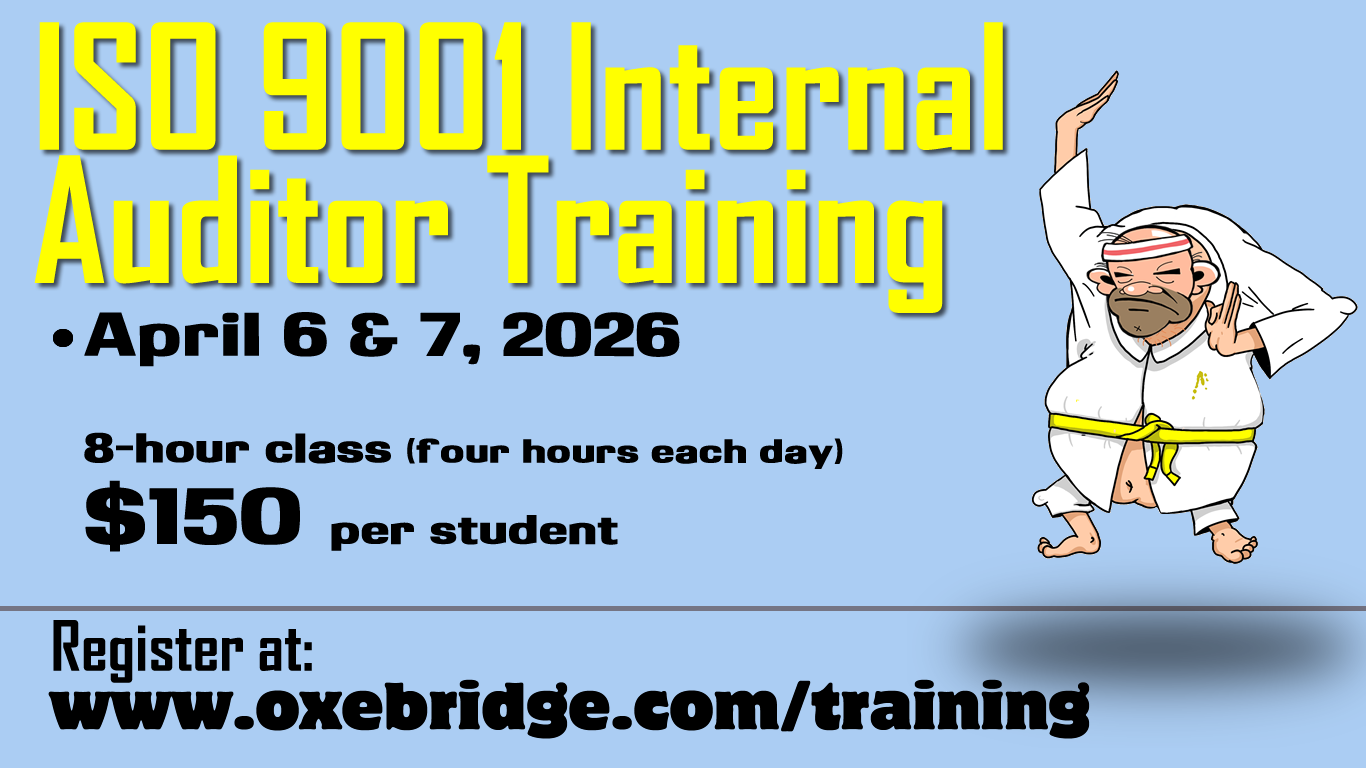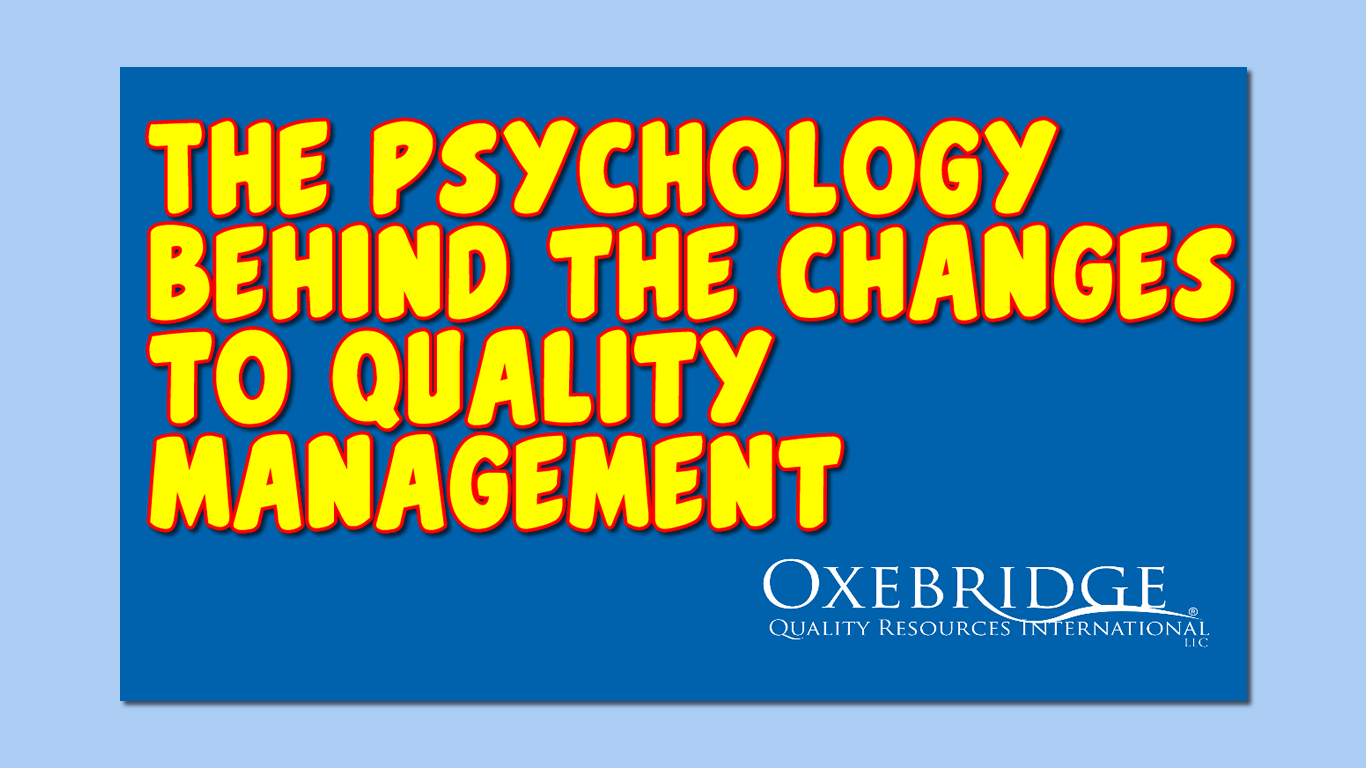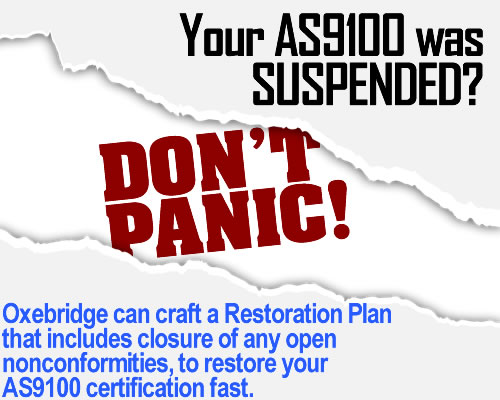The “PEAR Controversy” has almost run its course, with a denouement yet to be played out (but coming), and the feedback on the matter has settled into roughly three camps.
First, though, a background: it’s been discovered that registrar auditors have been having clients complete audit report information, in some cases including the objective evidence, and then signing them off. Remarkably, that point is not even up for debate; what is is whether the practice violates rules that say the CB auditor must “gather” the evidence, not the client, and whether an auditor merely verifying evidence pre-screened by the client constitutes a breach of objectivity and conflict of interest.
The response camps are as follows:
- Clients who reject the practice, and see it as a violation of the entire notion of 3rd party, objective compliance assessment. They view this as registrars shirking their work, forcing the client to audit themselves, and then the CB coming in and merely signing off the audit report. They view this as a gross violation, and wonder what, then, is the value of having an ISO 9001 / AS9100 certificate to begin with, if the auditors are not doing their job. They are also annoyed at paying registrars, only to have them hand the work back to them, without a discount.
- Clients who welcome the practice, saying that pre-completing CB audit reports helps the audit, helps them learn about their processes, and generally keeps things rolling quickly and smoothly. Some of these folks say that they do this in order to improve their processes, and others openly admit that they do it in order to make the audit go faster and easier.
- Industry reps, mostly from Certification Bodies, but also from Accreditation Bodies and standards committees (including the IAF), and including many consultants who defend the practices of CB’s, even when it may mean disagreeing with their own clients. This group supports the practice openly, saying it helps the auditor maintain his audit schedule, and that there is nothing wrong with the auditor merely “verifying” evidence which has been handed to him. They argue that even though ISO 17021 says “the audit team shall gather evidence” that “gathering” can be interpreted as having something “handed to them” and nothing more than that. They say critics are “melodramatic” and that this practice has no impact on the validity or objectivity of their work.
Multiple other auditors and CB reps have mirrored that comment, saying that auditors simply cannot get the paperwork done in time, and need help from the client. Multiple parties reported that a trainer with Plexus International was teaching auditor students this was the case, and that having the client fill out paperwork was the best way to meet deadlines. (Plexus has simultaneously denied the accusation, while defending the practice, although later threatened a libel lawsuit, further mixing their message.)
The IAQG’s response to Oxebridge on the matter, supported by the IAF, muddies the waters even further.
There is no requirement that prevents a CB from requesting that their clients complete the form as an audit prep activity.
Remember that “audit prep activities” are incurred by the client. If a CB auditor has a client filling in forms that ISO 17021 specifically says must be completed by the CB, and for which the CB is charging the client for, clients have a right to call for a time-out and check what they are paying for.
So is this a growing trend, given the response has been unanimous among the CB’s and their supporters? Could we be seeing a larger scale offloading of CB work back onto the backs of clients, all because the standards authors refuse to increase minimum audit days? (A result, by the way, of pressure from CB’s who do not want to raise their rates and risk losing business to unaccredited competitors not held to such rules.)
It could well be the case. The PEAR controversy could just have been the tip of the iceberg, and the problem actually affects multiple sectors and multiple aspects of the registrar/client interaction.
Will any CB’s stand up and denounce this practice?
Christopher Paris is the founder and VP Operations of Oxebridge. He has over 35 years’ experience implementing ISO 9001 and AS9100 systems, and helps establish certification and accreditation bodies with the ISO 17000 series. He is a vocal advocate for the development and use of standards from the point of view of actual users. He is the writer and artist of THE AUDITOR comic strip, and is currently writing the DR. CUBA pulp novel series. Visit www.drcuba.world







